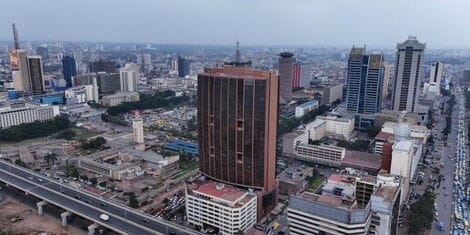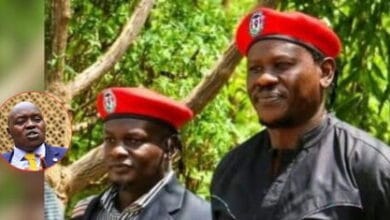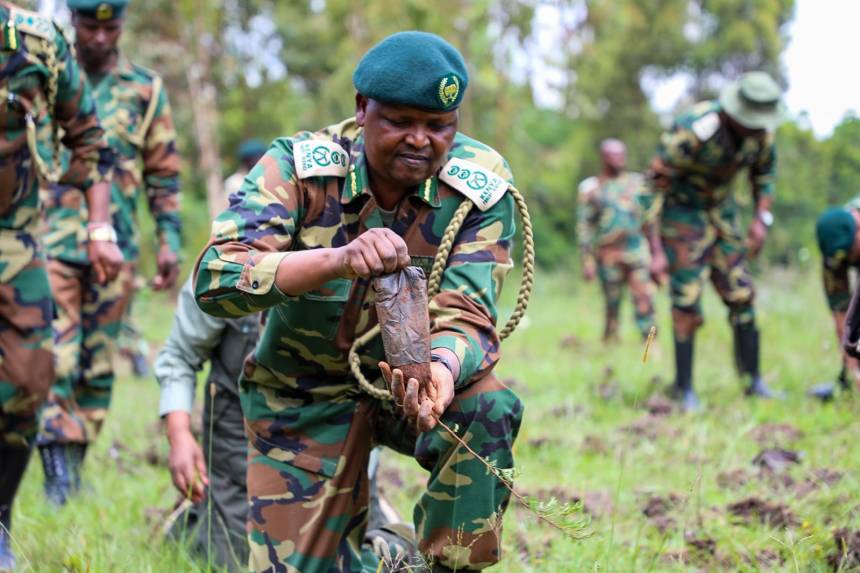
In an era where political figures often flicker briefly in the public consciousness, the story of Hon. Arthur Moody Awori stands as a profound testament to a life of enduring service, grace, and vitality.
Fondly known as “Audu,” the 98-year-old statesman, born on December 5, 1927, remains not just a memory in Kenya’s history books, but a vibrant, living icon.
Awori’s political journey is a masterclass in resilience. Before ascending to the nation’s second-highest office as the ninth Vice President of Kenya from 2003 to 2008 under the late President Mwai Kibaki, he had already cemented his legacy through decades of dedicated service.
For 24 unbroken years—from 1983 to 2007—he represented the Funyula Constituency with a commitment that made him a political institution in his own right.
His tenure in the Kibaki administration was pivotal, helping to steer Kenya through the formative and hopeful years following the landmark 2002 elections. Yet, even the most established journeys face crossroads.
In 2007, Awori encountered a significant political shift, conceding his parliamentary seat to a then-underdog, Paul Nyongesa Otuoma, who is now the Busia Governor. It was a moment that could have defined an end, but for Awori, it merely became another chapter in a life defined not by titles, but by impact.
Beyond the halls of power, it is the sound of his voice and the power of his words that truly echo through time. Awori’s legendary campaign slogan, “Lero Luno!” (meaning “Today, this day!”), was more than a phrase—it was a rallying cry that electrified crowds and solidified his connection with the people.
This timeless chant still reverberates across Busia and Western Kenya, a reminder of a politician who truly moved the masses. The name “Audu” remains eternally etched in the hearts of those who witnessed his era.
The Awori legacy, remarkably, is a transnational one. His younger brother, the late Aggrey Awori, carried the family’s torch of leadership across the border, rising to become a prominent political figure in Uganda and finishing third in the country’s 2001 presidential election.
Today, at 98, Moody Awori stands as a beacon of health, life, and wisdom. His continued vibrancy poses an inevitable question: What is his secret? Those who know his story point not to a single elixir, but to a foundational trinity: discipline, humility, and an unwavering faith, all channeled through a life lived in the service of others.
As the Bakangala Elders might say in a Samian proverb, a fitting epilogue for a man of such stature: A tree that withstands the storms is rooted not in the soil, but in the strength it gives to the forest around it.
Moody Awori’s life is that tree—still standing, still giving, and still inspiring a nation to believe in the power of purposeful living.




